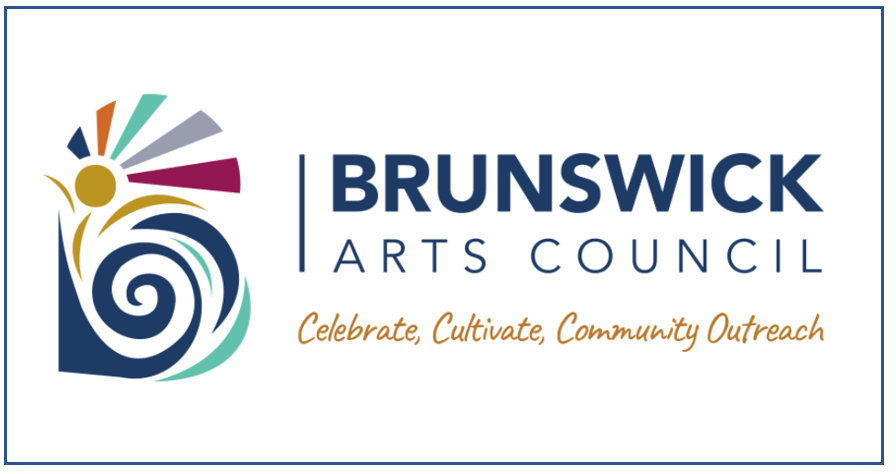Graduation Advice: Don’t Follow Your Passion (At Least Not Right Away)
May 1, 2023

Did you read that right? Don’t follow my passion? Why, that’s heresy! Don’t all those graduation speakers tell us to follow our dreams, aim for the stars, and find our passion? Aren’t we newly minted graduates the hope for the future, the ones who will make the world a better place? Why, our homegrown hero Michael Jordan said we “must expect great things of [ourselves] before [we] can do them.” And even the late poet and writer Maya Angelou encouraged young women to “grab the world by the lapels.” So, at this critical milestone, when we are ready to take on the world, why put on the brakes?
I’m not suggesting you not do what you love, but getting there may require a more strategic outlook. Part of the problem with following your passion right out of school is that your job opportunities may be limited. Maybe if you have a technical degree or friends in high places, you will land that perfect job. But for most college graduates, especially those with liberal arts degrees, your path to career bliss is likely to be more circuitous. Even with a business degree from UNCW’s esteemed School of Business, you probably won’t be landing your first job on Wall Street.
Consider your career as a work in progress. Use your first jobs to develop “career capital”—skills, a network, and credentials—that will help you assume increasingly higher-impact positions. Build broad, transferable skills– communications, marketing, project management, and business acumen—rather than specializing too early. And keep in mind that all employers are looking for people who demonstrate aptitude in soft skills like initiative, leadership, teamwork, problem-solving, critical thinking, and interpersonal relations.
Test yourself on different paths. Even bad experiences and lousy bosses can be valuable learning experiences. While working for the federal government, I spent two years in the Comptroller’s shop, where we formulated and defended the organization’s budget before Congress. It wasn’t a job I enjoyed, but the experience was an eye-opener for learning what it took to financially support our mission. And it paid big dividends later when I was a manager and understood how to craft a budget proposal that would fly.
It’s also good to find out what you don’t like or are not good at early in your career. A family friend studied to be a nurse for six years, only to discover that the shift work and day-to-day contact with emergency patients wore him down. His heart and hobby were in web design, but now that he had a wife and child to support, making a dramatic career shift was not easy. When I graduated, I imagined myself as a foreign correspondent or working for the Peace Corps in Africa. But my impact would have been negligible had I been stationed overseas in my twenties. Plus, after a variety of other positions, I knew I was more comfortable with a predictable schedule—one that was challenging but also allowed me to raise a family.
Of course, you don’t want to take a job that isn’t a good fit and makes you miserable, just to gain a few needed skills. Your performance is likely to suffer if you aren’t engaged in the work or feel you are not contributing. So do a little research first and at the interview ask questions to determine how much independence and variety the position offers, whether the organization provides training and mentoring, and how management will assess your impact.
By all means, follow your passion and reach for the stars. But as Michael Jordan would say, master the fundamentals first. Develop a reputation for dependability, integrity, and hard work. Keep your options open—if one door closes, another usually opens. And maintain a robust network. Someone on it could be holding the key to the job of your dreams.











Sadie Campbell • Nov 24, 2024 at 9:47 am
To develop “a reputation for dependability, integrity, and hard work” is certainly solid advice to anyone hoping to succeed in the workplace. I’d also add that a reputation for being a team player is also a worthy attribute. Sadie